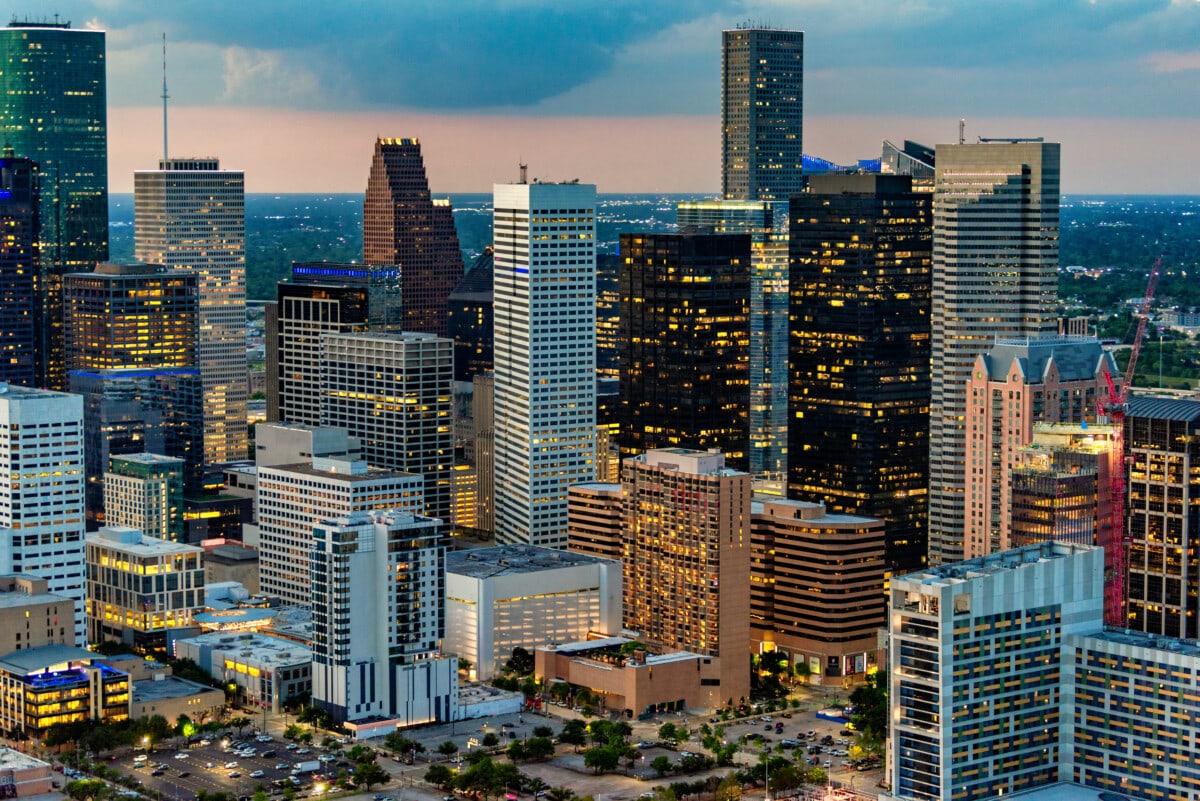However real, it’s a trope: Everything is greater in Texas, consisting of the automobile loans.
Texans borrow a kingdom-main $6,520 in line per capita for automobile purchases, according to a report launched Wednesday with the aid of America Public Interest Research Group, which partnered with its national associates and Frontier Group. The average is $1,000 more than the subsequent highest country, neighboring Louisiana, and $3,000 more than line with-person card debt in New York. Georgia, Arkansas, and Wyoming rounded out the top five.

Researchers stated that debt for automobiles is at an all-time high, sounding an alarm that more debt may lead a few to economic worry.
“Texans deserve both safety from predatory and unfair practices in car lending and a transportation gadget that offers more human beings the liberty to live without proudly owning an automobile,” said Bay Scoggin, TexPIRG director, in an announcement. “Texans shouldn’t need to fight their way through a thicket of tricks and traps at the automobile dealer simply to get the transportation they want to get to work or faculty.”
Researchers said that in Texas, Borrowers rank second among the various states in filing court cases with the Consumer Financial Protection Bureau. Slightly fewer than 1,000 claims have been filed in Texas.
The document also examines development and infrastructure spending that commits many citizens to cars. Though Houston enjoys a meager cost of living compared to other metro areas, researchers anticipate households in the place spend $13,577, or 21 percent of the residing fees, on transportation. That’s better than other Sun Belt towns such as Phoenix and Atlanta.
“Residents of towns with greater transportation choices—from New York to Seattle—spend less on transportation,” said R.J. Cross of Frontier Group, the report’s co-creator, in a declaration. “They have greater options to avoid risky card debt and all other prices accompanying riding.”
Nationally, a report indicates that $1.2 trillion in debt is associated with vehicle loans. Researchers stated that the fear was similar to the housing crisis a decade ago; a good deal of that debt is owed by workers unable to make bills, leading to spiraling growth as prices and past-due payments amplify.












